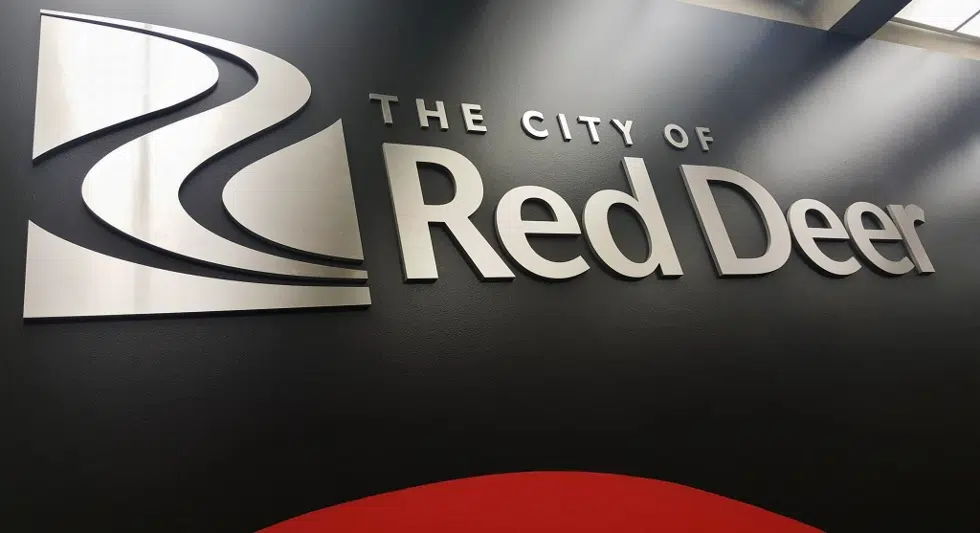
City laments federal budget’s lack of clarity
City of Red Deer officials are frustrated with the federal budget.
Mayor Tara Veer says the budget announced Tuesday fails to address municipal funding and partnerships, nor does it mention dollars for infrastructure projects.
“At The City of Red Deer, we believe in the power of municipalities to nation build. Community building is country building,” Veer says. “While the budget details have yet to be released, we are concerned there was no direct recognition of the infrastructure needs of Canada’s cities.”


